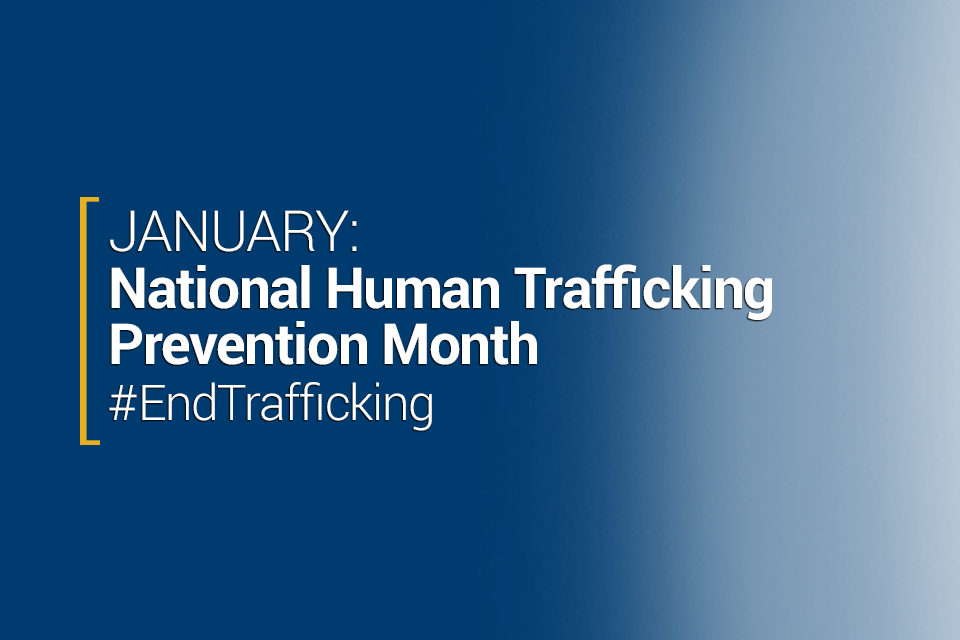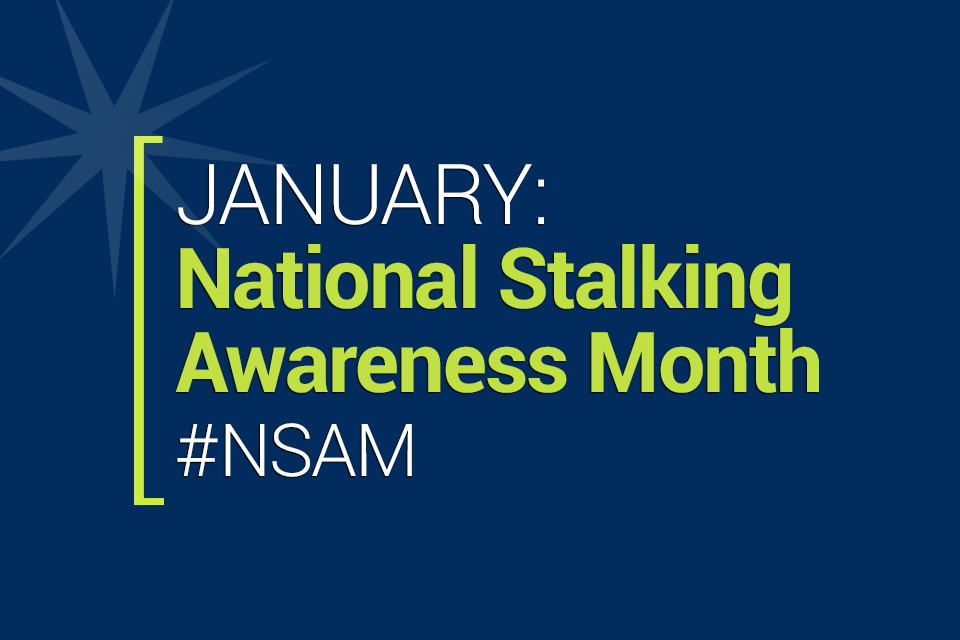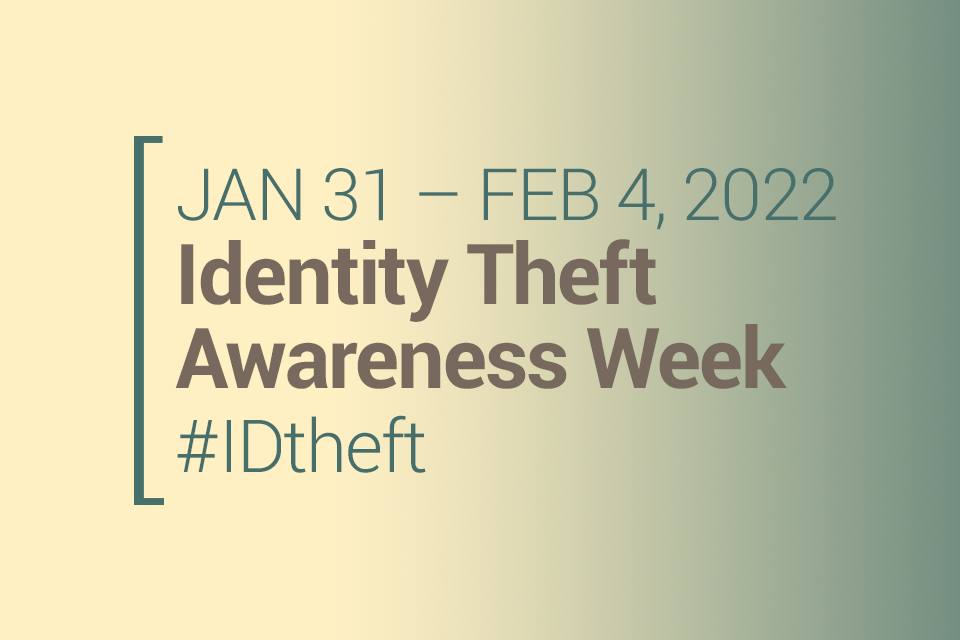National Human Trafficking Prevention Month
Every January, the Nation commemorates National Human Trafficking Prevention Month. President Biden asks that, “we reaffirm our commitment to protect and empower survivors of all forms of human trafficking, to prosecute traffickers, and to bring an end to human trafficking in the United States and around the world.”
During National Human Trafficking Prevention Month, OVC highlights the following resources.
OVC Launches Materials to Support Child Victims and Witnesses of Human Trafficking
OVC just released graphic novels and associated guides geared for young victims and witnesses involved in human trafficking cases, and the practitioners and caregivers supporting them.
Designed for youth, aged 12−18, the materials feature young characters who are involved in the justice system as a witness or victim of human trafficking, and a companion piece about a victim’s or witness’ rights and the roles of the people they might meet.
Guides for Practitioners and Parents and Caregivers provide information on how to use the materials, and tips for supporting youth who have experienced human trafficking as they navigate the justice system.
These materials are part of OVC’s Child Victims and Witnesses Support Materials product that launched in 2021.
Blog Highlights How Youth Voices are Informing OVC’s Anti-Trafficking Efforts
In a recent blog post, OVC Director Kristina Rose states, “By centering youth voices in OVC’s grant programs and ensuring equitable, inclusive, culturally responsive, and developmentally appropriate services are available to minor victims of human trafficking, we can help them access justice.”
Read the blog from Director Rose to learn how OVC is listening to and learning from youth with lived experience to inform our anti-trafficking efforts.
2021 National Action Plan to Combat Human Trafficking
The White House recently released the 2021 National Action Plan to Combat Human Trafficking. The Plan calls upon the U.S. Department of Justice, including OVC, and its Executive Branch partners, to implement a number of priority actions to enhance efforts to combat human trafficking in the United States.
Using Trauma-Informed Images and Language in Anti-Trafficking Public Awareness Material
Human trafficking is a complex crime that takes many forms. Be cautious that your public awareness campaign materials do not reinforce misconceptions about human trafficking or use sensationalized language or imagery.
Effective public awareness campaigns should use images that are victim-centered and promote an accurate understanding of human trafficking. Campaigns that resonate with your target audience, informed by survivors, can result in effective victim identification and can help connect survivors with trauma-informed services.
The OVC-funded, survivor-informed Human Trafficking Outreach Toolkit offers a self-directed model to promote critical thinking when creating outreach campaigns.
For other ways to enhance your messaging—
- read a guide for anti-trafficking public awareness materials from the President’s Interagency Task Force to Monitor and Combat Trafficking in Persons, and
- watch a recorded OVC Training and Technical Assistance webinar on Representation Matters: Using Trauma-Informed Language and Imagery in Victim Services.
Register for January Anti-Trafficking Trainings
Build your capacity to serve victims of human trafficking by attending the following OVC and OVC-sponsored trainings this month:
- Creating Safe Spaces for Transgender Survivors Expert Q&A: January 26, 2022
- Beyond The Record: Addressing Legal & Employment Barriers for Justice-Involved Survivors: January 27, 2022
- Talking Circle: Safeguarding our Children from Human Trafficking: Using culture as a protective and healing influence among Native youth: January 27, 2022
- Understanding Human Trafficking Online Training: On Demand
Visit our Events page for more upcoming training opportunities.
Additional Anti-Trafficking Resources
Discover publications, training and technical assistance, and more on our Human Trafficking Microsite.
National Stalking Awareness Month
In his proclamation, President Biden states, “During National Stalking Awareness Month, we support all those who are threatened and harmed by the pervasive crime of stalking, recognize those who raise awareness and advocate for survivors, and recommit to eradicating stalking nationwide.”
See the following resources for tools to help you build awareness and serve victims of crime—
- OVC's Stalking Topic Page contains publications, answers to frequently asked questions, and additional resources.
- OVC’s Mobile Apps Page contains resources for victims of stalking, including the Tech Safety App, an OVC-funded app from the National Network to End Domestic Violence.
- The Office of Justice Programs' Stalking Awareness Special Feature highlights research and resources.
- National Stalking Awareness Month Site offers ready-to-use resources to help your organization promote awareness. This website is available from the Stalking Prevention, Awareness, and Resource Center and funded by the Office on Violence Against Women-funded website.
Identity Theft Awareness Week is January 31–February 4
Approximately 9 percent (more than 23 million) of persons in the United States age 16 or older reported being victims of identity theft during the prior 12 months according to 2018 Bureau of Justice Statistics data.
An estimated 7 percent of identity-theft victims reported the crime to police, and 88 percent contacted a credit card company or bank. Victims of new account misuse (15 percent) and personal information misuse (17 percent) were more likely to experience severe emotional distress than victims of the misuse of only one type of existing account (7 percent).
Help raise awareness about identity theft during Identity Theft Awareness Week, January 31–February 4, 2022. For information and resources, including social media posts, visit the Federal Trade Commission's 2022 Identity Theft Awareness Week page.
OVC offers a free, self-paced online training to help service providers more effectively serve victims of identity theft and assist with their financial and emotional recovery. Learn more and register for the Identity Theft Victim Assistance Online Training: Supporting Victims' Financial and Emotional Recovery.
View the Center for Victim Research’s Identity Theft and Fraud Research Report, which summarizes evidence from research and practice to identify what we know and where the field needs to grow to improve our Nation’s response to identity fraud and other fraud victimization. This OVC-funded report, highlights the importance of understanding the varied needs of identity theft and fraud victims as an important step to improve practitioners’ responses to them.
The OVC-funded Identity Theft Resource Center offers identity recovery assistance. Victims of identity theft can contact the Center toll free at 888–400–5530 or live chat Monday–Friday, from 9:00 a.m. to 8:00 p.m. eastern time.
The Identity Theft Resource Center also publishes information to help service providers and others understand trends in identity theft. Their 2021 Consumer Aftermath Report describes the emotional and practical effects on the day-to-day lives of identity theft victims
Visit our Identity Theft topic page for additional information on serving victims of this crime.




